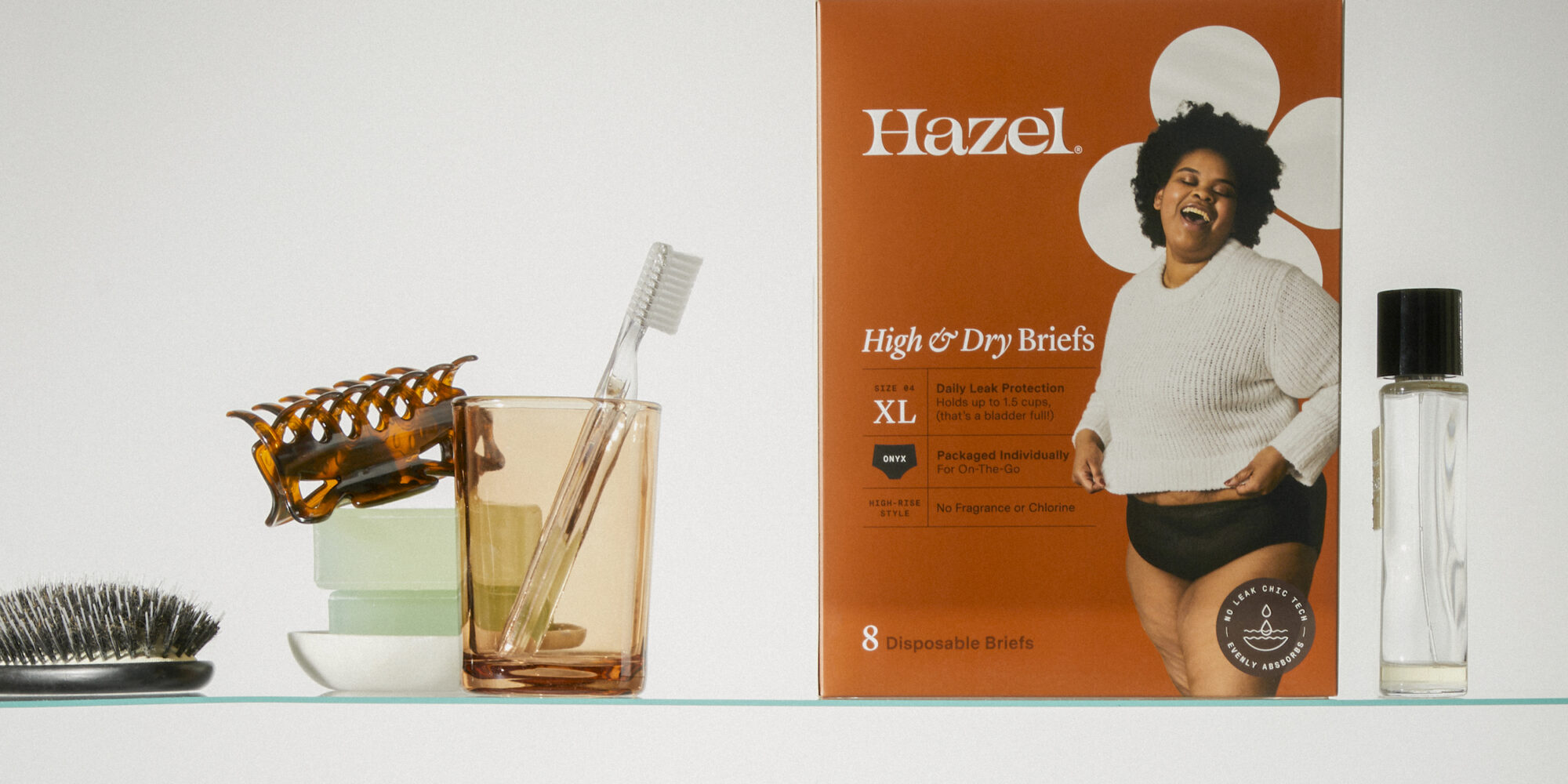
VC-Backed Modern Incontinence Brand Hazel Launches At Target
Hazel has launched premium disposable absorbent briefs at over 300 Target stores.
With the big-box partnership, the modern incontinence brand’s retail distribution has increased 681% over the last 12 months. Prior to Target, it entered grocers Bel Air, Nob Hill Foods, Meijer, Wegmans and Save Mart. Hazel co-founder and chief design officer Aubrey Hubbell mentions Target, which serves high-income millennial moms, has always been a goal for the brand because it’s where its customers, who are 40 years old on average, shop.
She says, “We even looked at where our customer was from on a map. It overlapped…We just knew it would be a great opportunity for us, and they’d be a good partner.”
Hazel believes Target shoppers will be willing to pay a premium for a product upgrade. The brand’s disposable briefs feature a patent-pending design that disperses liquid—they can hold up to 1.5 cups or a whole bladder’s worth—evenly into an absorbent core sans the bulk common in incontinence products. They retail for $16.99 for a 12-ct. box and come in small, medium, large and extra large sizes with a high-waist fit. Hazel describes them as leakproof, breathable and odor-eliminating. Always Discreet, a bestseller in the incontinence category, sells a 19-ct. box for $13.99.
Hubbell credits Hazel’s launch at Meijer, its first retail partner, a year ago with setting the brand up to secure a Target deal. Prior to Meijer, the brand was sold direct-to-consumer and on Amazon. Today, the brand’s sales are 80% wholesale and 20% digital, a breakdown it reports aligns with consumer shopping behavior for incontinence products.
Speaking of Meijer, Hubbell says, “They have amazing data, so we were able to learn and prove we could do retail in a regional setting, test out our marketing and prove product-market fit.”
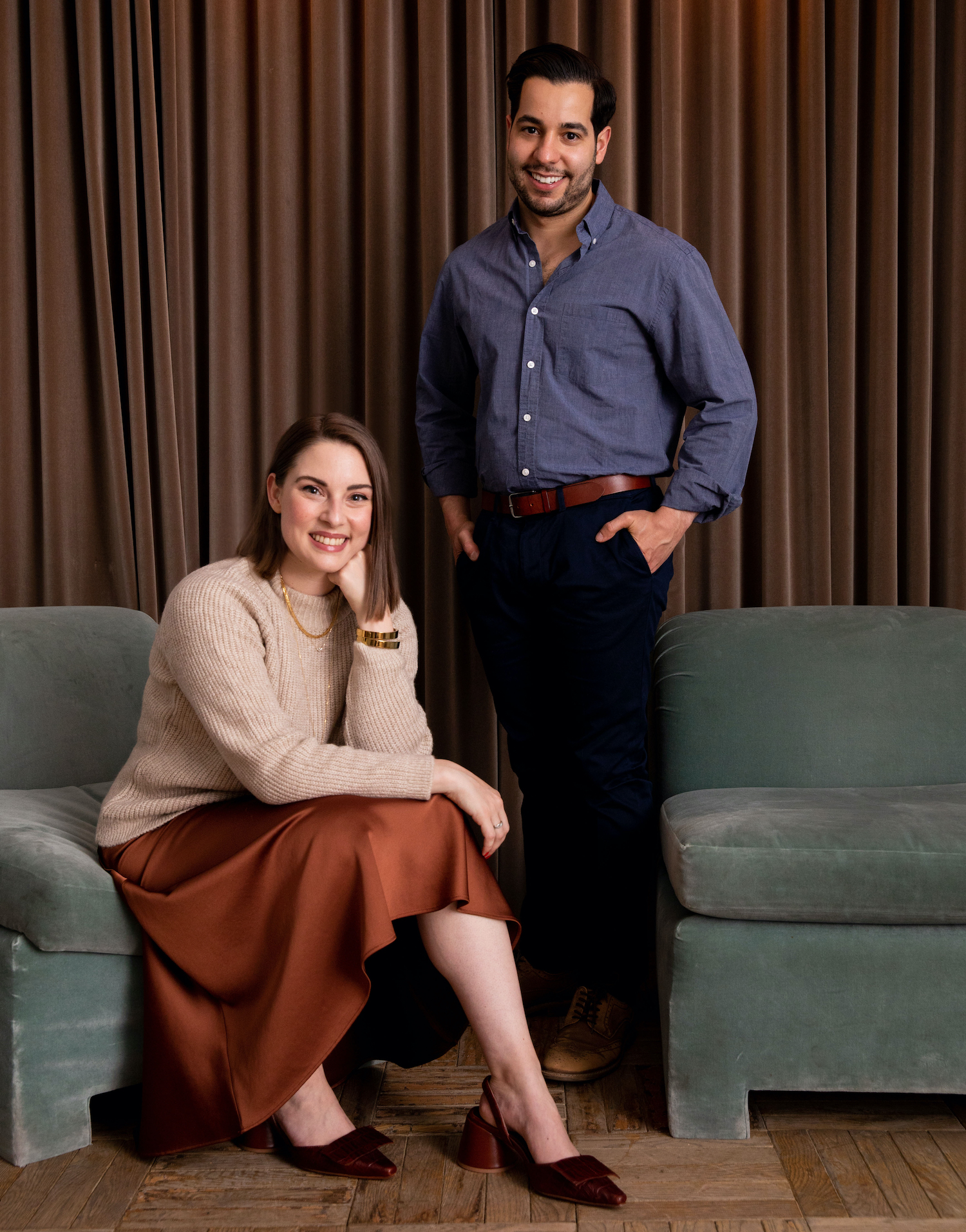
At Meijer, for example, Hazel learned 67% of the women buying its products had never purchased a product in the incontinence category before. Its aesthetics play a role in Hazel’s draw to shoppers. While many incontinence products from the likes of Always, Depends and Poise are housed in blue or purple plastic, its merchandise is encased in cardboard boxes with side panels in a burnt orange hue, imagery that isn’t photoshopped of models wearing the brief size inside the boxes and direct language.
“Color was something I got really excited about with the name Hazel. It immediately evoked fall, earthy tones,” says Hubbell, a consumer packaged goods design veteran who formerly worked at wedding platform Zola and kids fashion brand Rockets of Awesome. “You lean into even the nostalgia of the sixties, and it gives that immediate warmth to it, but still that bold women’s movement.”
Today, Hazel’s briefs are only black, but it plans to extend its color range. “My ultimate goal is that we treat this just like an underwear drawer,” says Hubbell. “Rarely does a woman have one color and one style of underwear.”
While most Hazel customers experience perimenopause- and menopause-related incontinence, its briefs can be used for pregnancy or postpartum incontinence as well as in lieu of period products. Disposable products will persist as the focus, according to Hubbell, who notes 97% of women prefer incontinence products that can be tossed. She says, “She didn’t want to throw it in her laundry with everything else, understandably.”
Hubbell co-founded Hazel in 2022 with Steven Cruz, a financial analyst who’d spotted a white space for modern personal care aimed at women 50 years old and over. The global incontinence care market is projected to reach nearly $18 billion this year, with $5 billion of that amount from the United States, according to market information resource Data Bridge Market Research.
The brand declined to disclose the total amount of funding it’s raised, but stated it’s closed a “few more internal rounds” since a $2.5 million seed round in 2020 led by H Venture Partners, backer of the brands Cerebelly and Sourse. Elizabeth Edwards, founder and managing partner of H Venture Partners, sits on Hazel’s board. Hubbell says she considers Edwards and other investors connected to Hazel, including Brian Lee, CEO and co-founder of The Honest Company, and Shamin Walsh, managing director of BAM Ventures, as strategic investors for the brand.

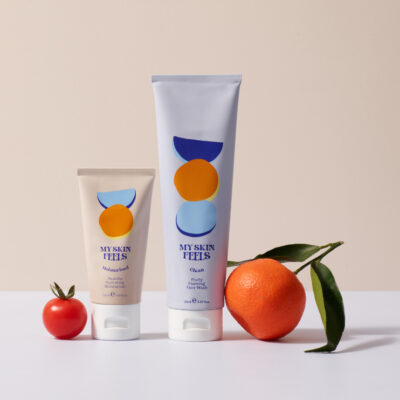
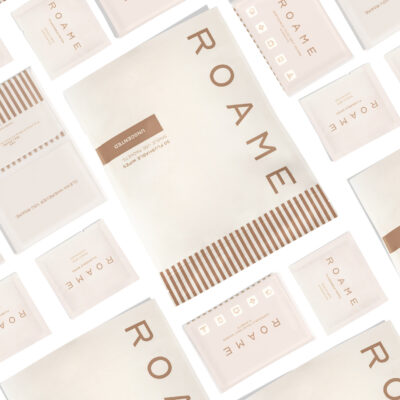

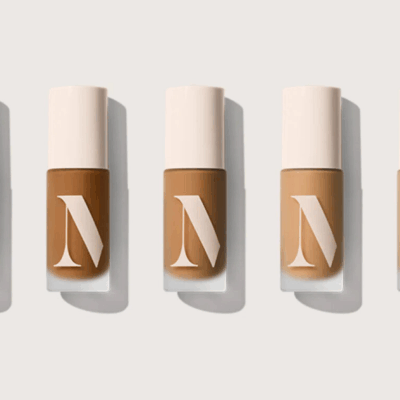
Leave a Reply
You must be logged in to post a comment.